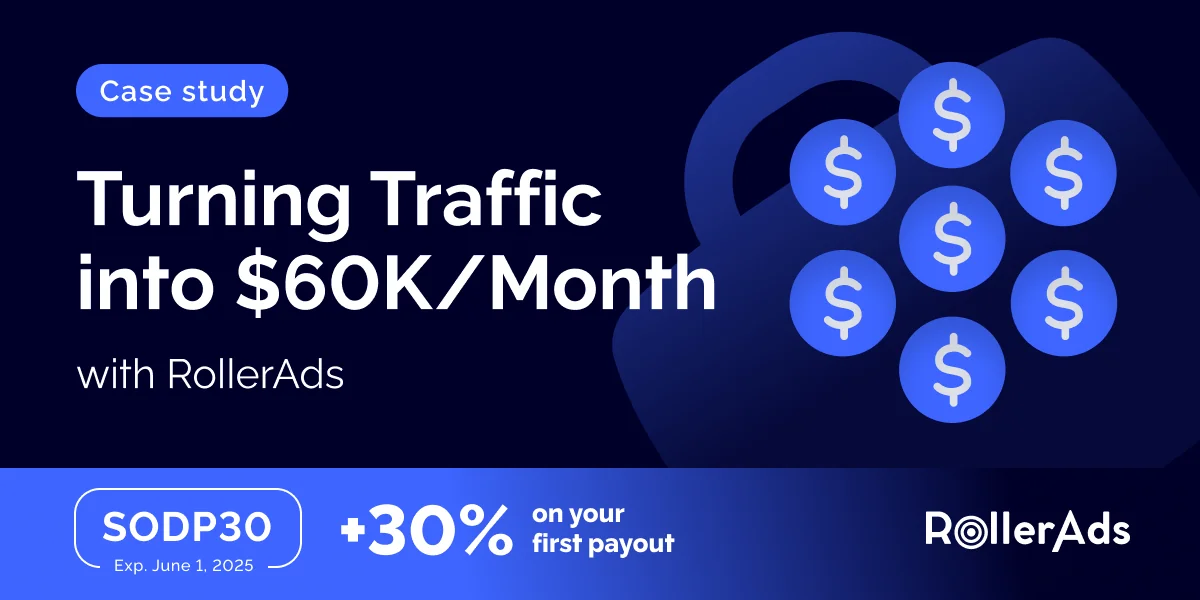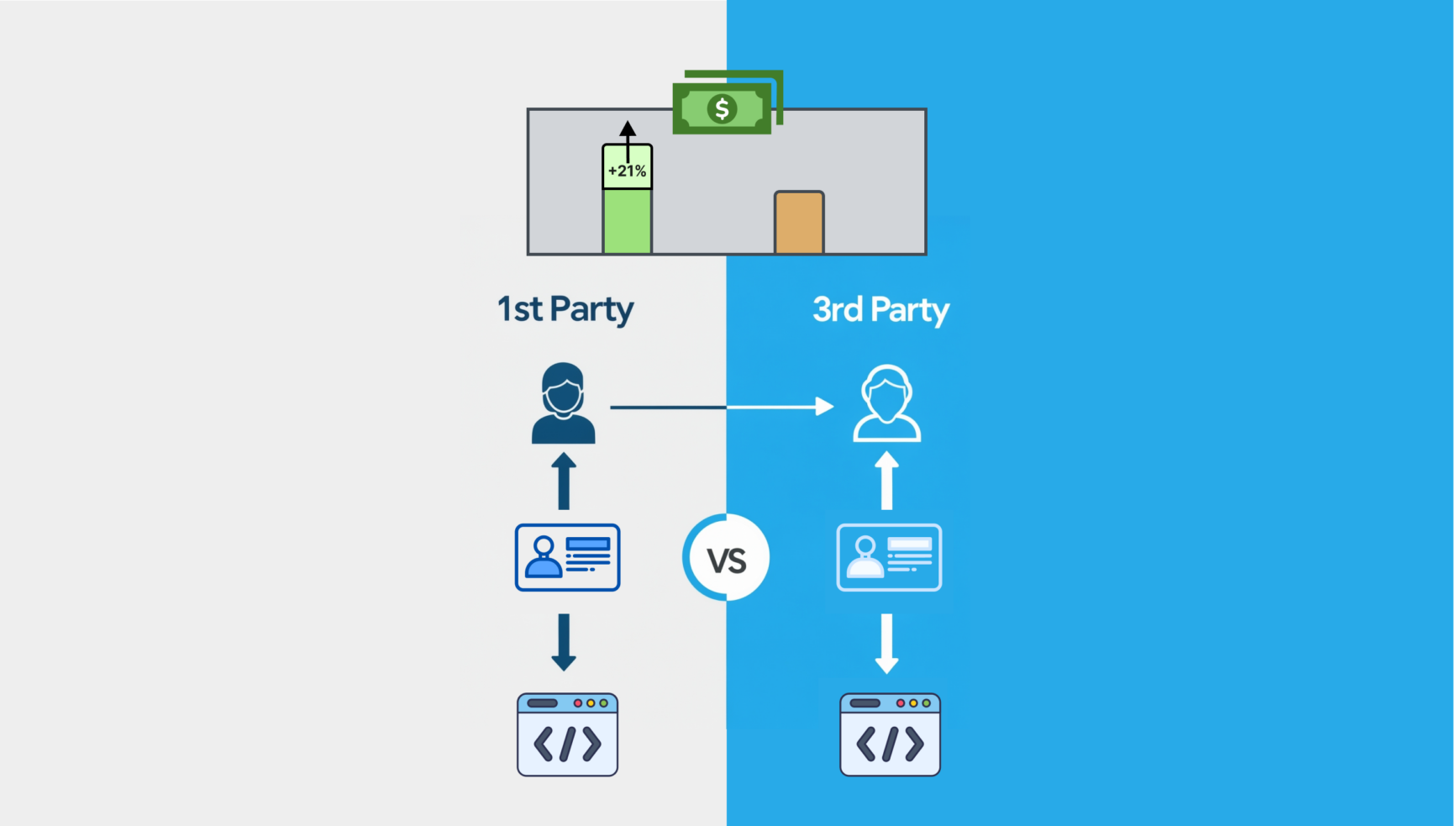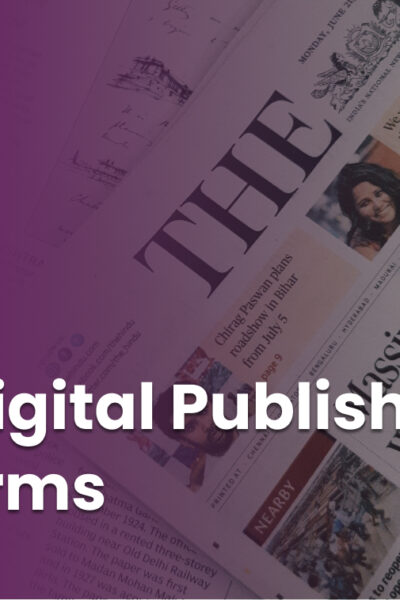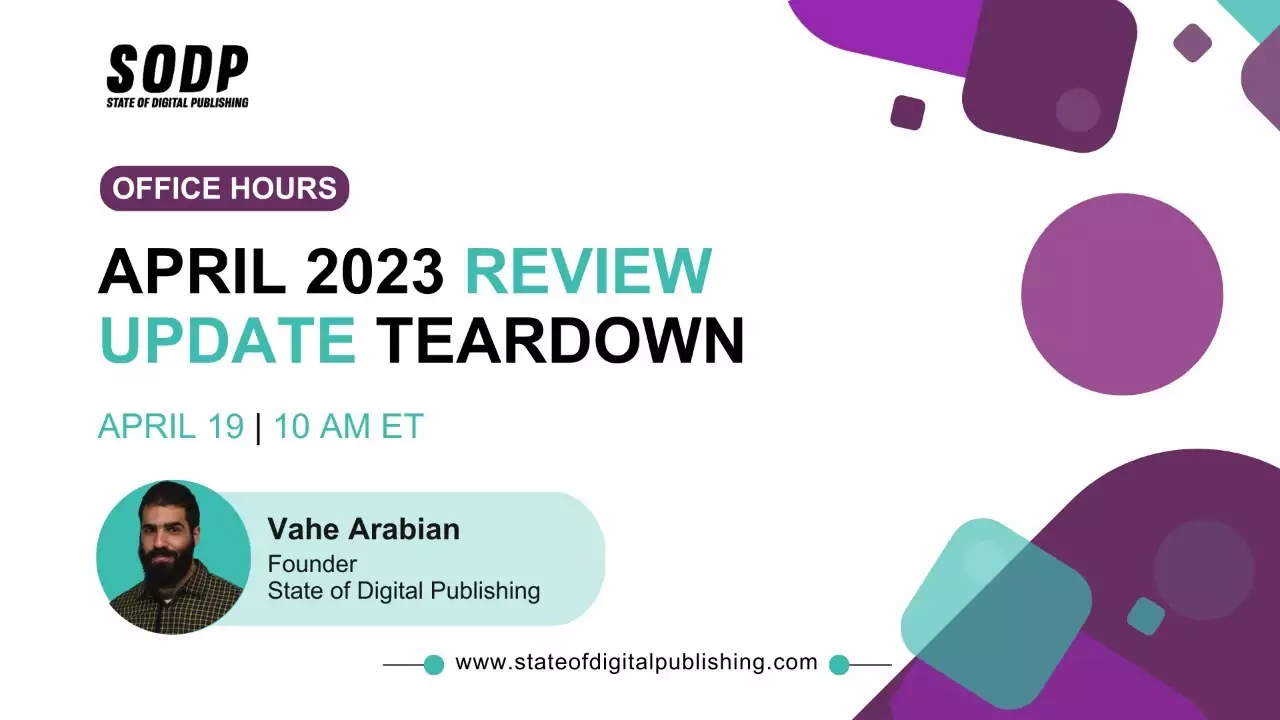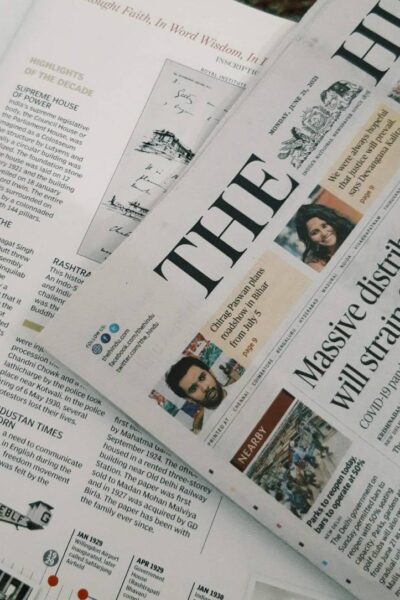Derek is a writer at Treehugger. He’s a digital dad with an analog streak, as comfortable with a smartphone as he is with pencil and paper. He’s got a soft spot for babies, bicycles, and bouldering, and is the Head Shoveler at his mini-farm startup in New Mexico. You can also find him letting it all hang out on Twitter, Facebook, and NaturalPapa.
What led you to start working in digital/media publishing?
Although I was greatly drawn to writing up through my high school years, I never pursued it after then – other than my own private notebooks, and even though I wrote regularly, I wasn’t publishing anything. However, in about 2007, I began working at a management job that required a lot of computer time – writing, spreadsheets, research and analysis – and learned about personal blogs and the opportunity to get published on larger sites. I began pounding out the words every night from about 10 pm to 1 am, building my own site and then submitting guest posts, eventually landing some paying writing gigs. From there, it was a matter of learning who to, how, and when to pitch articles, and learning to ask for pay that represented the value I brought to the work. I now have a combination of regular daily writing gigs and editing work, as well as freelance copywriting and ghostwriting jobs for both new and existing clients, plus some consulting hours, all of which together makes a livable income for my family and I.
What does a typical day look like for you?
I usually put the hot water kettle on first thing after waking, then let the dogs out, and pour a large pot of French press coffee to brew. Next, I do a quick check-in on my garden and fruit trees, and when the coffee’s ready, I’m sitting at a desk in my home office, checking my list for the day and beginning my daily editing responsibilities. I like to work for about 50 minutes out of the hour, and then spend time between tasks with family, in the garden, or walking the dogs. It helps me stay sane with so much screen time during my day. The rest of the day is spent on various writing projects, depending on the week, plus an email inbox session, and if time, reading a few email newsletters or browsing my favorite feeds for inspiration or education.
What’s your work setup look like?
For my primary tool, I currently use a 2011 Dell Latitude laptop running Windows 7, which is showing its age but which has been a bombproof machine for both home and mobile working. I rely on Chrome as my browser, Feedly as my feed reader, Flipboard as my social feed reader/curation tool, Pocket, and fwrdto.me bookmarklets to save topical articles for later. and Google apps for almost everything else – email, documents, maps, calendar and event alerts. Pandora Premium is well worth its monthly cost for me, as I have it running all day long through a pair of trusty Sennheiser 202 headphones to cover the noise of my family while working. I have an Evernote Premium subscription, and I use it to collect and collate and curate information and images related to things I’m interested in. For basic image editing, I use Paint.net, and I almost always have text notes and reminders to myself in open Notepad++ windows.
What do you do or go to get inspired?
I try to stay active, by getting in regular workouts and playing soccer once a week, and I try to do things that stimulate other parts of myself, such as playing the banjo (badly) and the hand drum (getting better). I think balancing out our daily routines between the mental and the physical is a great way to bring new inspiration to our work, and many times a writing block or lack of clarity about a topic can be solved with through a brisk walk and a large glass of water. I also try to emulate my younger kids, for whom everything is new and different and worthy of a million questions, in order to further my own inquiries.
What’s your favorite piece of writing or quote?
Many people are familiar with the latter part of this quote from Goethe, “Whatever you can do or dream you can begin it. Boldness has genius, power, and magic in it. Begin it now.” For years I was led by that motto to try new things. But only recently have I come to appreciate an earlier part of the quote, which focuses on the critical point of commitment, reading, “Until one is committed, there is hesitancy, the chance to draw back, always ineffectiveness. Concerning all acts of initiative and creation, there is one elementary truth the ignorance of which kills countless ideas and splendid plans: that the moment one definitely commits oneself, then providence moves too.”
What is the passionate problem you are tackling at the moment?
Cleaner personal mobility solutions, which for me right now are electric bikes and electric vehicles, and cleaner energy solutions, such as rooftop solar and utility-scale wind power. When we can connect the dots easier between our energy sources and our energy demands, and we can choose more renewable options for transportation and home energy needs, we can have a more sustainable society. Although truly affordable electric cars are still few and far between, the day of the EV revolution is fast approaching, but electric bikes are rapidly becoming a great solution for daily commutes and errand-running. They totally level the playing field for people who want to cycle more, but who don’t want to arrive everywhere sweaty and out of breath from pedaling so hard.
Content from our partners
Is there a product, solution or tool that makes you think it is a good design for your digital publishing efforts?
I really enjoy using WordPress to both build websites with and to manage content I’m writing. I have a local install of WordPress on my laptop and a personal site that I use for writing and formatting articles with, and feel like it’s an excellent tool for budding writers to learn.
Any advice for ambitious digital publishing and media professionals just starting out?
Get familiar with the work of some established writers and publishers, and then reach out to them and introduce yourself and ask a few questions of them. Don’t ask for favors, ask for information or opinions, and then apply what you learn to getting new gigs or launching new writing projects. Recruit a handful of people that can objectively read your work and give you feedback before submitting it, sort of a beta-group to help you refine your topic, tone, and style. Build a personal portfolio website, even a simple free one, with basic “about the author” info and image and a contact form, and links to previous work. Don’t join every social media platform, but just choose a few that you know you’ll use for your ‘professional’ use, and start building a following with quality content curation (not pics of your dinner or angry rants about politics).



